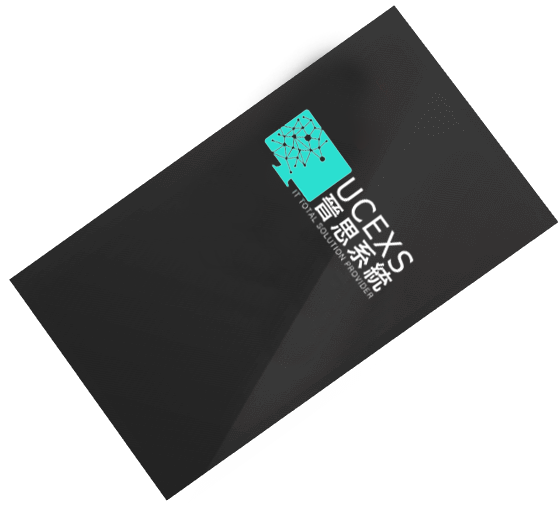




Take Control of Your Business with ease,
just concentrate to fuel up business's growth !
With the proliferation of iT Products and Financial Service Management strategies nowadays, UCEX catered the increasing calls of high security, absolute stability and strict confidentiality services for the growth of your business.
OUR IRDEPT SERVICE

Creative & DynamicAdaptive & FlexibleRPA & A.I. SystemHigh Security
- Market Capital Management or other Strategic Planning
- Financing Structural Consulting
- Investors, Funders and Money Lenders Tracking
- Brokers Position Data Analysis
WHAT THEY SAYTESTIMONIALSOUR GREAT CLIENTS
“A great deal of effort and preparation has already gone into this year and I would really like to thank all UCEX staffs for their efforts. One of the most important aspects of that trust is the recognition. Very quick and high quality professional service.”
Edward Lai (Wuling Motor 0305.hk)
“IRDEPT provided welcome strategic insight, leadership and focus that enabled us to secure some financial solutions in this fragmented lending market. The pricing and structure of the credit facilities will assist us in attaining our immediate and long-term plan to grow the business.”
Aaron Boesky (CEO of Macro Polo Pure Asset Management)
Teams at UCEX Group are highly trained professional who have assisted us in a number of successful iT restructuring projects. UCEX is remarkably efficient and effective in dealing amicably and objectively with a large numbers of troubleshooting.
Paul Ching (PTCORP 0372.hk)
With the best selected local carriers and network partners, Pocketwifi.hk and Eventwifi.hk clients are able to enjoy fastest mobile broadband service. You are able to receive email, surfing the web, payment settlement, stay connected with clients, friends and family, making investment movement anytime and anywhere you wish!
Pocketwifi.hk isAwesomeIncredibleIndispensible























